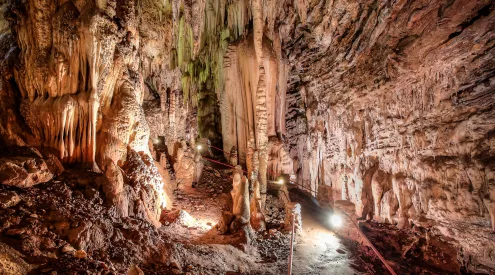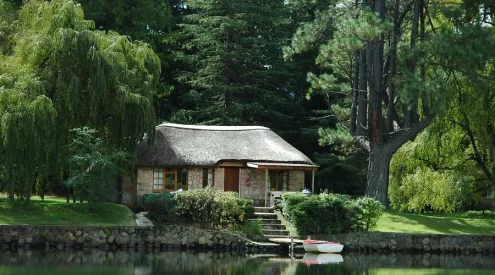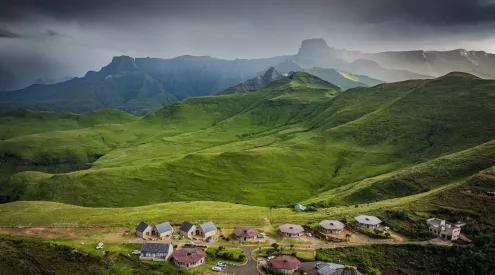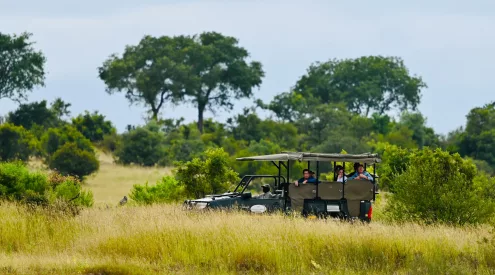When planning a multi-day hike, the prospect of tent poles, batteries and water bottles splayed across the living room table might seem discouraging.
If you’re a novice hiker, there’s no need to feel overwhelmed. The trick is to lay out everything you want to pack, and then put back half. No, seriously. Travel as light as possible and only carry the absolute necessities. Your back will be thanking you later.

Here are some key items to have on your checklist, so work methodically and tick them off as you go.
Backpack
The size of your pack depends on the length of the hike but a 35-litre is a good size to invest in. It’s slightly bigger than a day pack, but not too heavy and has enough space for clothes and food for a three-day hike. A hike longer than three days would require a 45 or 55-litre backpack.
Shoes
If the hike is not extremely technical and not more than three days, trail running shoes will work. You will need good grip on the soles, so road running shoes won’t do. If you would like more support for your ankles or are covering a longer distance, invest in a good pair of boots. Try a few different brands and sizes to see which fit your foot’s shape best, and don’t forget to have thick, durable socks to avoid blisters.
Food and appliances
Depending on your overnight facilities, you might need to carry appliances to cook with such as a mini gas stove and kettle. Food that works well is dehydrated pre-packed meals, oats, crackers and energy bars, dried and fresh fruit and nuts. One shallow bowl will do to eat all the meals from, one cup and a fork, knife and spoon.
Tent
If you are not sleeping in a house, hut, bungalow or under the stars, make sure you have a waterproof tent.
Sleeping bag
Most modern sleeping bags are light and can roll up fairly small. If it has a hood, you are guaranteed to sleep warmer.
Flashlight
You will always need a flashlight. A headlamp is convenient, as it leaves your hands free. Double-check that you have fresh batteries in it.
Sunscreen
You will also always need sunscreen. Bio-degradable is best if you are going to swim in mountain streams or pools.
Towel
Something that is easy to forget but hard to do without!
Insect repellant
If you are hiking in South Africa, this is a must, especially in summer.
Toiletries and toilet paper
Go smaller than you think. Leave the make-up and perfume. Buy travel-sized products and limit yourself to the minimum.
First-aid kit
You might think nothing will happen, but rather be safe than sorry. Plasters, burn treatment, anti-nausea medication, painkillers and an anti-septic are the basics.
Water
If you forget everything, remember water. No need for any other fluids, unless you are a coffee or tea drinker but during the long haul, stick to water. A ‘camelback/bladder’ works wonders, but is not essential. Depending on the distance and the amount of time you are expecting to hike per day, you will need at least one litre per two hours.
Picture: Pixabay


















